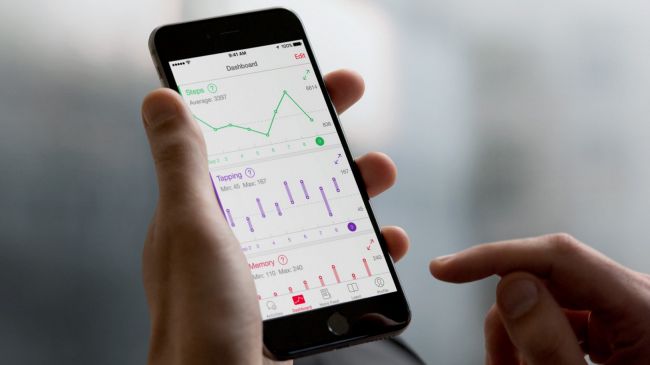Most healthy eating apps aren't all that healthy
They fall short of scientific guidelines

Health is one of the most popular categories across mobile app stores, with thousands of different options for tracking every imaginable aspect of your wellness.
Among those apps are many that promise to improve your diet, nutrition or eating habits – usually by tracking what you eat, and telling you off when you eat a cheeseburger, for example.
But new research from the George Washington University School of Medicine, presented at the American Heart Association's 2016 conference, shows that many of these apps fail to offer advice that follows evidence-based scientific guidelines.
A group of researchers led by Tania Dhawan picked 32 health and fitness apps on Google Play and the iTunes App Store, and studied them to see how well they adhered to the US government's 2015-2020 Dietary Guidelines for Americans.
The results
The good news first – the team found that almost three-quarters of the apps (72 percent) included some of the five top recommendations for healthy eating. The five, in full, are: establishing healthy eating patterns; following appropriate calorie limits; eating nutrient-dense foods and beverages; eating a variety of foods and beverages; and taking advantage of social support.
Seventy-five percent, however, failed to address recommended daily amounts of different food groups (like vegetables, grains, dairy and protein, for example), while 84 percent didn't take account of recommended daily amounts of food sub-groups (like dark-green vegetables, or whole grains).
"It is important that application developers address this information gap," said Dhawan, "so as to safely and effectively achieve the applications' stated goals."
Sign up for breaking news, reviews, opinion, top tech deals, and more.
